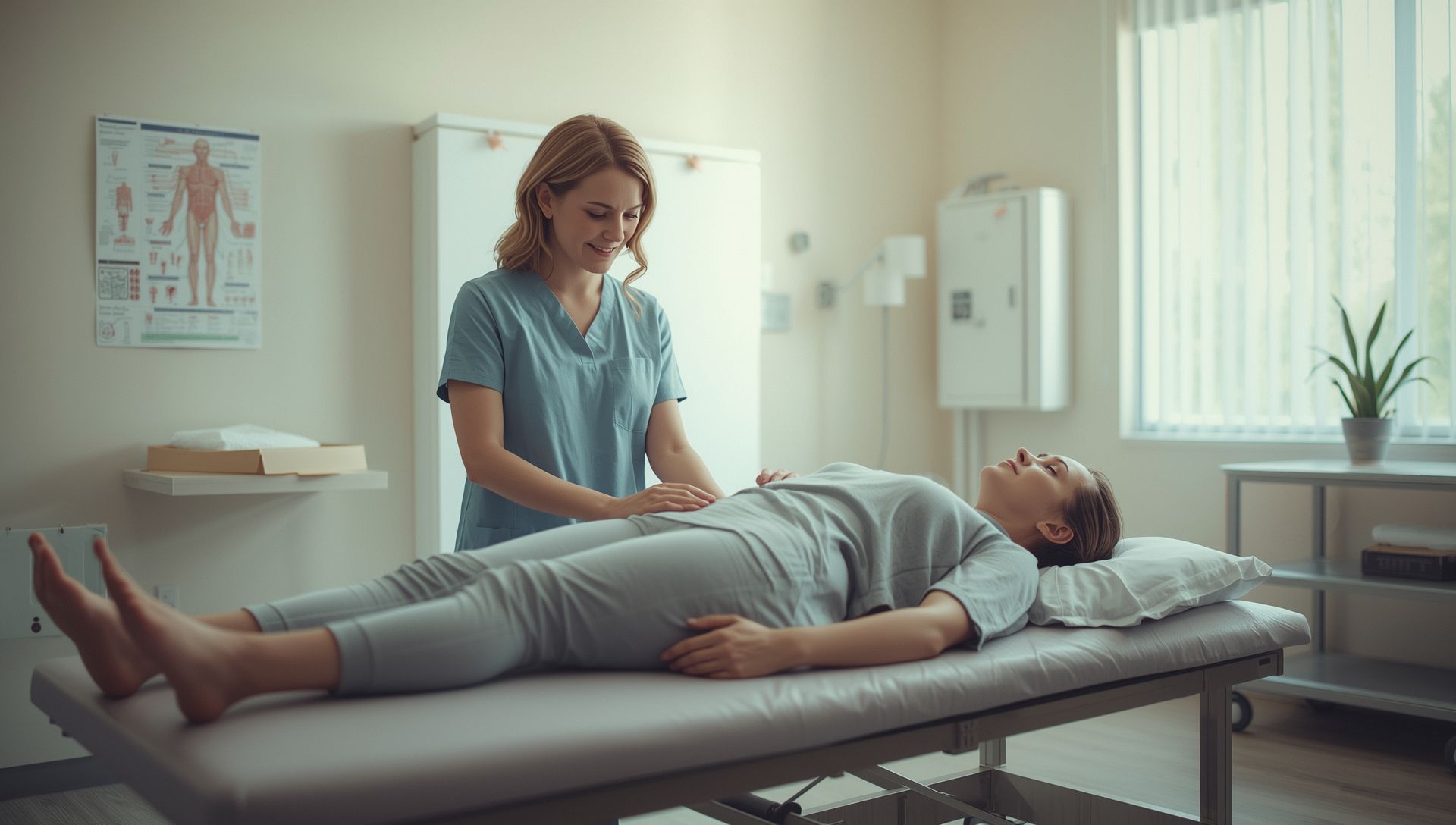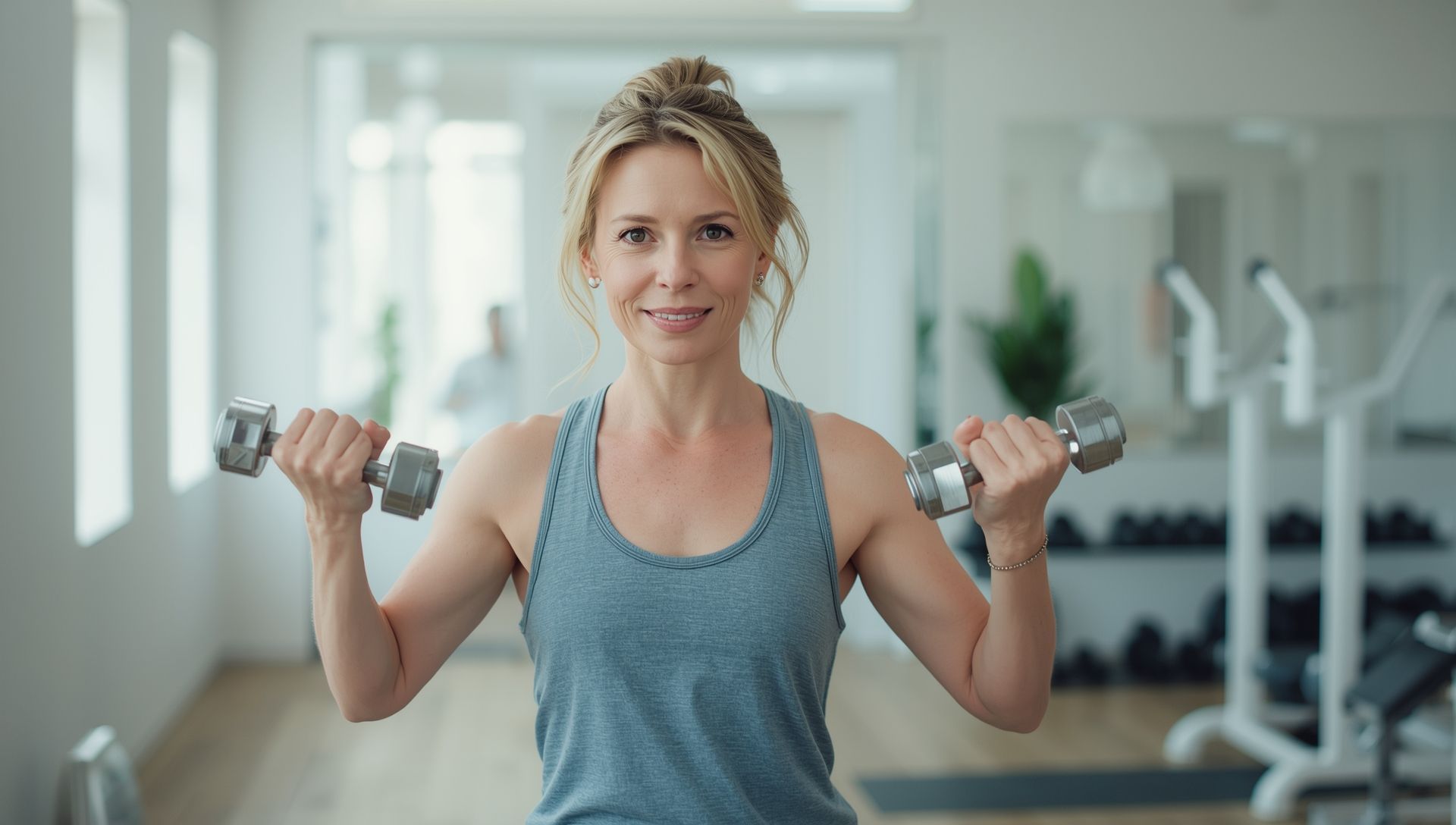Menstrual Wellness 101: Essential Hygiene Tips
Managing your menstrual health is essential to overall well-being. It can sometimes feel overwhelming, but with a few practical tips, it becomes much easier.
Good hygiene practices during your period help you stay comfortable and prevent infections. Simple steps like regularly changing your pads or tampons and maintaining cleanliness can make a big difference.
It's important to listen to your body and care for it properly during this time. Let's explore some essential hygiene tips that will help you feel confident and healthy throughout your cycle.
Menstrual Hygiene Basics
Maintaining proper menstrual hygiene starts with choosing the right products and using them correctly. Here’s a rundown of the most common menstrual hygiene products:
- Sanitary Pads: Available in various sizes and absorbencies, sanitary pads are a popular choice for many women. It's essential to change your pad every 4-6 hours to prevent odor and infections.
- Tampons: Tampons are inserted into the vagina and come in varying absorbencies. They should be changed every 4-8 hours to avoid Toxic Shock Syndrome (TSS).
- Menstrual Cups: Made from medical-grade silicone, menstrual cups collect rather than absorb blood. They can be worn for up to 12 hours and are reusable, making them an eco-friendly option.
- Panty Liners: Suitable for lighter days or as a backup for tampons and menstrual cups, panty liners should be changed every 3-5 hours or as needed.
- Period Underwear: These are designed to absorb menstrual blood and can be worn alone or as additional protection. They should be changed every 8-12 hours depending on the flow.
Proper usage of these products, along with regular cleaning and handwashing before and after changing, is crucial to maintaining good menstrual hygiene.
Health and Wellness Tips
Taking care of your overall health during menstruation can significantly impact your comfort and well-being. Here are some essential tips:
- Stay Hydrated: Drinking plenty of water helps reduce bloating and keeps your body functioning optimally.
- Balanced Nutrition: Eating a well-balanced diet rich in fruits, vegetables, lean proteins, and whole grains can help manage symptoms like fatigue and mood swings.
- Regular Exercise: Light to moderate exercise can alleviate cramps and improve your mood by increasing endorphin levels.
- Adequate Sleep: Ensure you get enough rest to help your body recover and manage menstrual fatigue.
- Pain Management: Over-the-counter pain relievers, heating pads, and gentle yoga can help alleviate menstrual cramps.
By adopting these healthy habits, you can significantly improve your menstrual experience and overall wellness.
Environmental Considerations
Environmental sustainability is becoming increasingly important in menstrual wellness. Many traditional menstrual products contribute to pollution and landfill waste. Here are some eco-friendly alternatives:
- Reusable Menstrual Cups: These have a lifespan of up to 10 years, reducing waste significantly.
- Cloth Pads: Made from natural or organic materials, cloth pads are washable and reusable.
- Organic Cotton Products: Organic tampons and pads are biodegradable and free from harmful chemicals.
- Period Underwear: These can be washed and reused, minimizing waste.
Opting for sustainable menstrual products not only benefits the environment but also offers cost savings over time and reduces exposure to potentially harmful chemicals.
Common Myths and Facts
There are numerous myths surrounding menstruation that can lead to confusion and misinformation. Here, we separate fact from fiction:
- Myth: You should avoid exercise during your period.
Fact: Exercise can actually help alleviate menstrual cramps and improve your mood.
- Myth: It’s normal to have extremely painful periods.
Fact: While some discomfort is common, extremely painful periods could indicate an underlying health issue like endometriosis and should be discussed with a healthcare professional.
- Myth: You can't get pregnant during your period.
Fact: While less likely, it is still possible to conceive during menstruation, especially if you have an irregular cycle.
- Myth: Tampons can get lost inside your body.
Fact: Tampons cannot get lost in the body as the cervix prevents this from happening.
Debunking these myths helps promote a healthier and more accurate understanding of menstrual wellness.
Conclusion
Menstrual wellness is an integral part of women’s health that requires attention, education, and positive practices.
By understanding the basics of menstrual hygiene, adopting healthy habits, and dismissing common misconceptions, you can navigate your menstrual cycle with confidence and comfort.
Remember, your menstrual health is vital to your overall well-being. Embrace a positive approach, and don't hesitate to seek professional advice if you encounter any issues.
By prioritizing your menstrual wellness, you're taking a crucial step toward a healthier and happier life.
Feel empowered and take control of your menstrual health. Call us at 1-877-241-4004 to schedule your appointment today.










